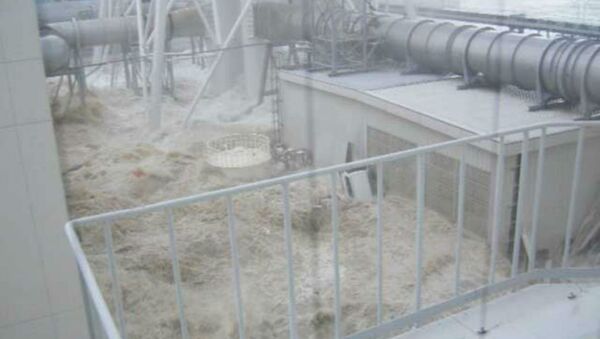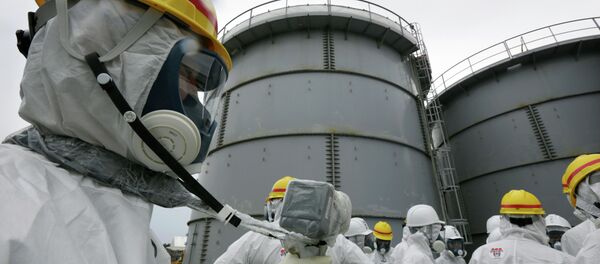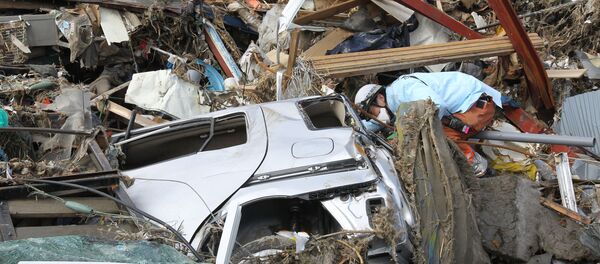Tritium is a relatively harmless radioactive isotope, and plant officials originally wanted to release the water into the nearby ocean. Area fisherman have blocked that proposal, saying they are concerned the water is not as harmless as the company says it is.
With plans currently stalled to release the water into the ocean, plant officials are considering letting the water evaporate or placing it underground, decommissioning officer Naohiro Masuda told Reuters. Part of the problem, says Masuda, is that the plant has a lot of water and an evaporation method would take a long time. The company, however, is committed to resolving the situation as soon as possible, Masuda recently said in an interview with the Japanese news outlet Asahi Shimbun.
Fukushima was damaged by an earthquake and tsunami in March 2011, and three reactors underwent meltdowns. Water was flushed over the wrecked reactors to keep them cool, but no technology exists to remove tritium from the contaminated seawater.
Masuda says there is no timeline on which action to take – evaporation or underground storage – but that the company will soon be making a decision.






